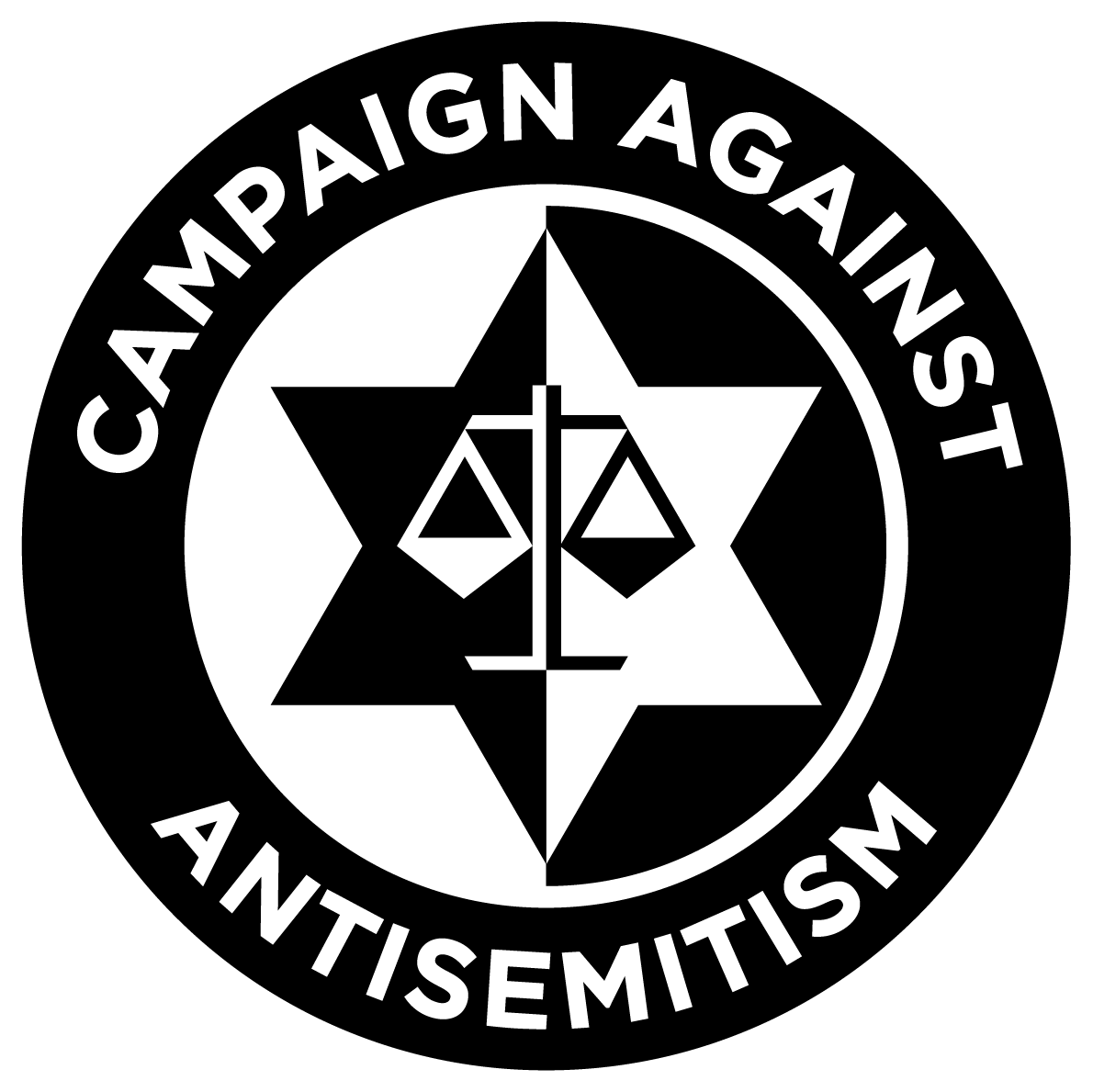Antisemitic protest signs prompt hate speech investigations in France
Antisemitic protest signs have prompted hate speech and incitement of violence investigations in France.
In recent weeks, France has seen regular protests in response to the introduction of the “health pass”, a new strategy designed to prevent the spread of COVID-19 and an attempt to safely reopen public venues. Examples of a health pass reportedly include:
- Proof of having completed a vaccination programme (two doses of an EU-approved vaccine: Pfizer, Moderna, AstraZeneca or Johnson & Johnson)
- A negative PCR or antigen test taken within the last 72 hours
- A Covid-19 recovery certificate that is less than six months old
However, anti-lockdown and anti-vaccination networks have become known as hotbeds of antisemitic conspiracy theories and tropes, and antisemitic signs have been spotted at France’s recent protests.
On 17th July, an anti-vaccination demonstration of over 100,000 people took place where several attendees wore yellows stars, while others carried signs that made comparisons to the Auschwitz concentration camp. Joseph Szwarc, a Holocaust survivor, spoke out against these acts, saying: “You can’t imagine how much that upset me. This comparison is hateful. We must all rise up against this ignominy.”
With tears in his eyes, Mr Szwarc added: “I wore the star, I know what that is, I still have it in my flesh. It is everyone’s duty to not allow this outrageous, antisemitic, racist wave to pass over us.”
This is not the first instance of yellow stars appearing at French rallies. In March, organisers of an anti-vaccine demonstration in the city of Avignon were described as “brainless” by Eric Ciotti, the Deputy (parliamentarian) for the region, for using the Nazi yellow star in their protest.
On 8th August, French Interior Minister Gérald Darmanin condemned a protester’s sign as “abject” on Twitter and said that “Antisemitism is a crime, by no means an opinion. Such remarks will not go unpunished.” The sign in question carried the names of several Jewish politicians and businessmen, along with the word “traitors” and the phrase “mais qui?” (“but who?”) written in red writing with devil horns on the letter ‘Q’. Mr Darmanin went on to say that he had requested that state services in Moselle report the incident to the public prosecutor’s office.
Two days later, it had been reported that Cassandre Fristot, a teacher and former local councillor for France’s far-right National Rally Party, was the individual carrying the sign at the protest of about 237,000 people in the city of Metz, and was to face a trial. She was detained by police and her home was searched. Prosecutor Christian Mercuri stated that Ms Fristot’s trial would commence on 8th September, and if found guilty, she could face up to one year in prison and a 45,000 euro fine.
The phrase “qui?” has gained traction in France after an antisemitic rant by a retired army general aired in a now-infamous television interview in June.
Today, it was reported that a prosecutor had opened an enquiry into an antisemitic sign, also protesting the health pass, that was spotted in Épinal, eastern France on 14th August. The sign featured a swastika and the words “gros Nazi” (“big Nazi”) alongside the name of Health Minister Olivier Véran. A few weeks prior, there was reportedly another sign featuring a swastika that was seen in Épinal. The swastika on that sign was said to have been made up of hand-drawn syringes.
Paris has seen demonstrations take place for four weeks in a row. Last Saturday, Paris police tweeted that “signs with antisemitic inscriptions were held up today in #Paris”, and that they were bringing this to the attention of the courts. Paris’ public prosecutor reportedly said that the police were investigating whether people carrying harmful signs were “provoking public hate or violence against a group of people because of their origin, their belonging or not belonging to a particular ethnic group, a nation, a race or a religion”.
Robert Ejnes, the Executive Director of the Conseil Représentatif des Institutions Juives de France (Council Representing Jewish Institutions in France), said that “It is worrying not just for Jewish people but for the whole of French society because antisemitism is just the beginning of a process that leads to the expression of hate for the ‘other’”. He added: “These people are using all the antisemitic prejudices from the worst hours of the history of France and Europe, so of course this worries us.”
Last Wednesday, a memorial in Perros-Guirec dedicated to Simone Veil, a Holocaust survivor and former Minister of Health, was found vandalised.
Campaign Against Antisemitism has expanded our coverage of antisemitism worldwide. Please contact us if you would like to share feedback or volunteer to assist with this project.



